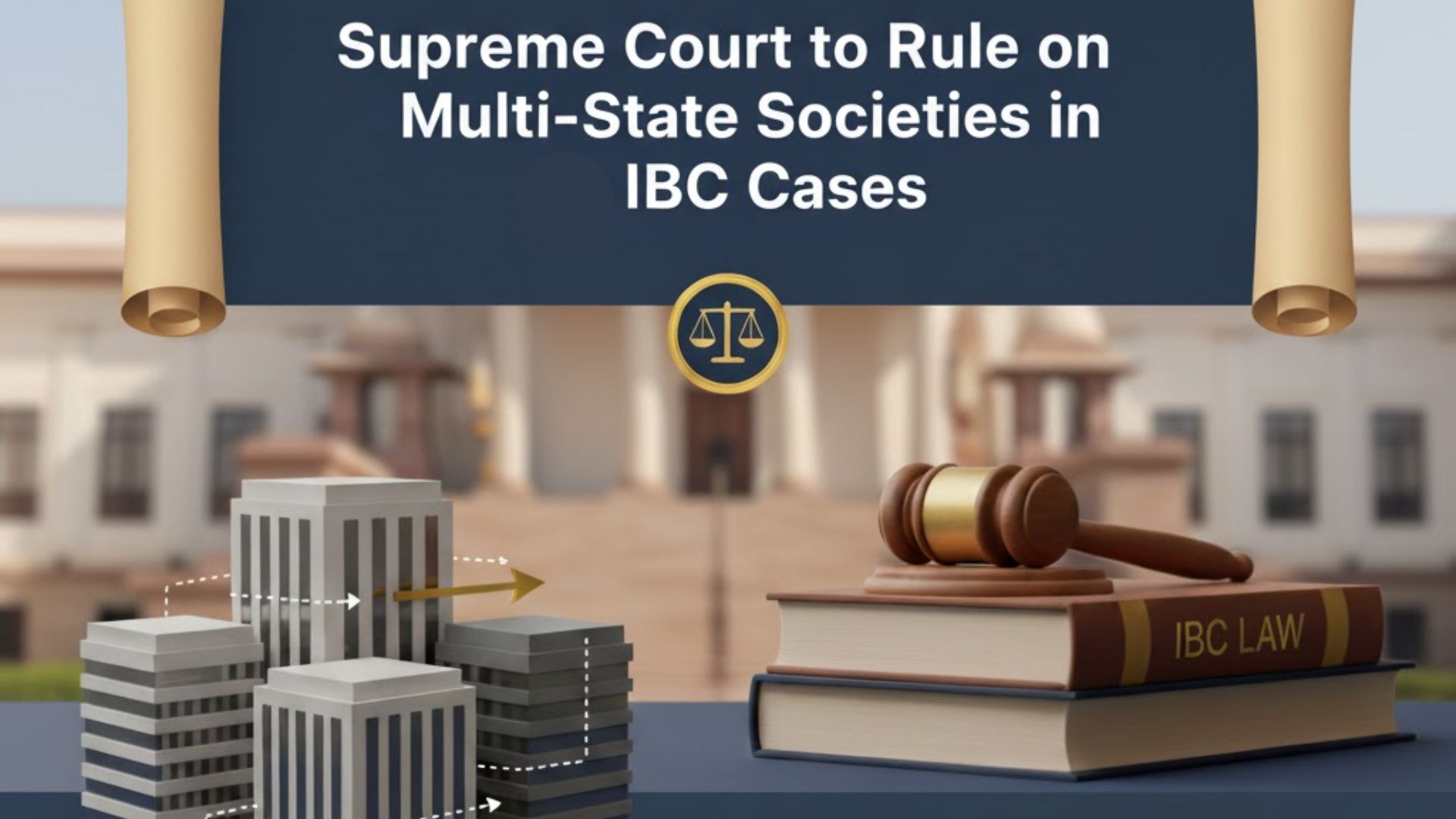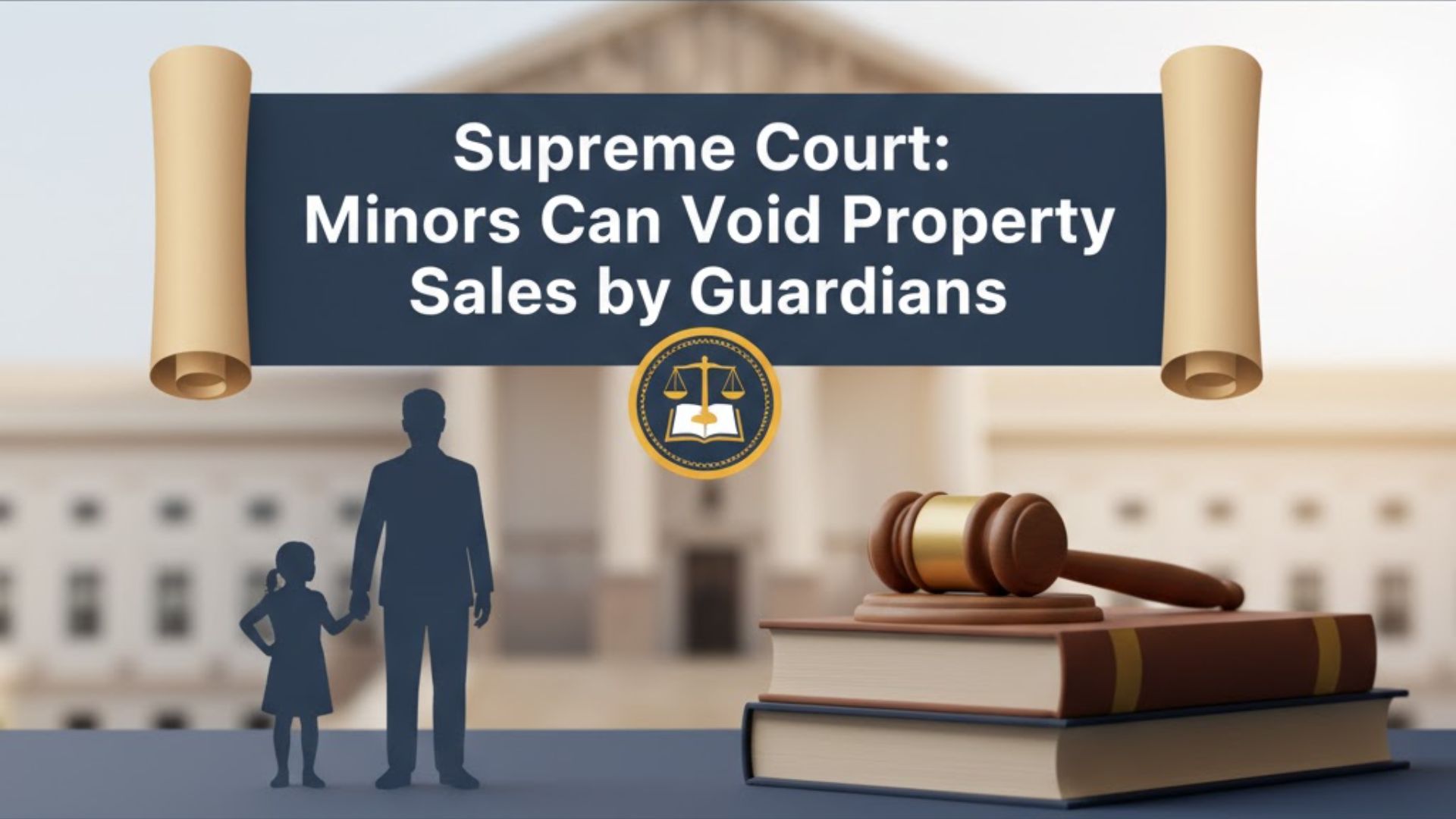R.C. Khulbe, J
1. By way of present application, moved under Section 482 of Cr.P.C., applicants seek to quash the proceedings of Criminal Case No.514 of 2011,
State vs. Sudhir Gupta and others, u/s 498A, 323, 504, 506 IPC and u/s 3/4 D.P. Act, pending in the court of Addl. Chief Judicial Magistrate,
Khatima, District Udham Singh Nagar.
2. The parties have filed a Compounding Application No.1158 of 2015 to show that the parties have buried their differences and have settled their
disputes amicably.
3. Learned counsel for the State opposed the compounding application.
4. It is contended by learned counsel for the applicants that the offences punishable under Sections 323, 504, 506 IPC are compoundable offences and
offences punishable u/s 498-A IPC & u/s 3/4 D.P. Act are non compoundable offences.
5. The Apex Court has dealt with the consequence of a compromise in regard to non-compoundable offences in the case of B.S.Joshi and others vs.
State of Haryana and another, (2003) 4 SCC 675 and has held as below
“If for the purpose of securing the ends of justice, quashing of FIR becomes necessary, Section 320 Cr.P.C. would not be a bar to the exercise of
power of quashing. It is, however, a different matter depending upon the facts and circumstances of each case whether to exercise or not such a
power.â€
Thus, the High Court, in exercise of its inherent power can quash criminal proceedings or FIR or complaint and Section 320 of Cr.P.C. does not limit
or affect the powers under Section 482 of the Code of Criminal Procedure, 1973.
6. Hon’ble Supreme Court has permitted compounding of such offences in the decision of Nikhil Merchant v. CBI and another, (2008) 9 SCC
650.
7. Learned counsel for the parties also drew the attention of this Court towards the ruling of Gian Singh v. State of Punjab and another, (2013) 1 SCC
(Cri) 160, in which Hon’ble Supreme Court observed as below:
“The position that emerges from the above discussion can be summarised thus: the power of the High Court in quashing a criminal proceeding or
FIR or complaint in exercise of its inherent jurisdiction is distinct and different from the power given to a criminal court for compounding the offences
under Section 320 of the Code. Inherent power is of wide plenitude with no statutory limitation but it has to be exercised in accord with the guideline
engrafted in such power viz; (i) to secure the ends of justice or (ii) to prevent abuse of the process of any Court. In what cases power to quash the
criminal proceeding or complaint or F.I.R may be exercised where the offender and victim have settled their dispute would depend on the facts and
circumstances of each case and no category can be prescribed. However, before exercise of such power, the High Court must have due regard to the
nature and gravity of the crime. Heinous and serious offences of mental depravity or offences like murder, rape, dacoity, etc. cannot be fittingly
quashed even though the victim or victim’s family and the offender have settled the dispute. Such offences are not private in nature and have
serious impact on society. Similarly, any compromise between the victim and offender in relation to the offences under special statutes like Prevention
of Corruption Act or the offences committed by public servants while working in that capacity etc; cannot provide for any basis for quashing criminal
proceedings involving such offences. But the criminal cases having overwhelmingly and pre-dominatingly civil flavour stand on different footing for the
purposes of quashing, particularly the offences arising from commercial, financial, mercantile, civil, partnership or such like transactions or the
offences arising out of matrimony relating to dowry, etc. or the family disputes where the wrong is basically private or personal in nature and the
parties have resolved their entire dispute. In this category of cases, High Court may quash criminal proceedings if in its view, because of the
compromise between the offender and victim, the possibility of conviction is remote and bleak and continuation of criminal case would put accused to
great oppression and prejudice and extreme injustice would be caused to him by not quashing the criminal case despite full and complete settlement
and compromise with the victim. In other words, the High Court must consider whether it would be unfair or contrary to the interest of justice to
continue with the criminal proceeding or continuation of the criminal proceeding would tantamount to abuse of process of law despite settlement and
compromise between the victim and wrongdoer and whether to secure the ends of justice, it is appropriate that criminal case is put to an end and if the
answer to the above question(s) is in affirmative, the High Court shall be well within its jurisdiction to quash the criminal proceeding.â€
8. The instant case is squarely covered by the above ruling of the Hon’ble Supreme Court. The obvious reply to the question posed above is in the
affirmative in view of the ruling of Hon’ble Apex Court in Gian Singh’s case (supra).
9. Accordingly, compounding application is allowed. The proceedings of the Criminal Case No.514 of 2011, State vs. Sudhir Gupta and others, u/s
498A, 323, 504, 506 IPC and u/s 3/4 D.P. Act, pending in the court of Addl. Chief Judicial Magistrate, Khatima, District Udham Singh Nagar, are
hereby quashed qua the present applicants, on the basis of compromise arrived at between the parties.
10. Present C482 application stands disposed of, as above.
11. Pending applications, if any, also stand disposed of accordingly.

